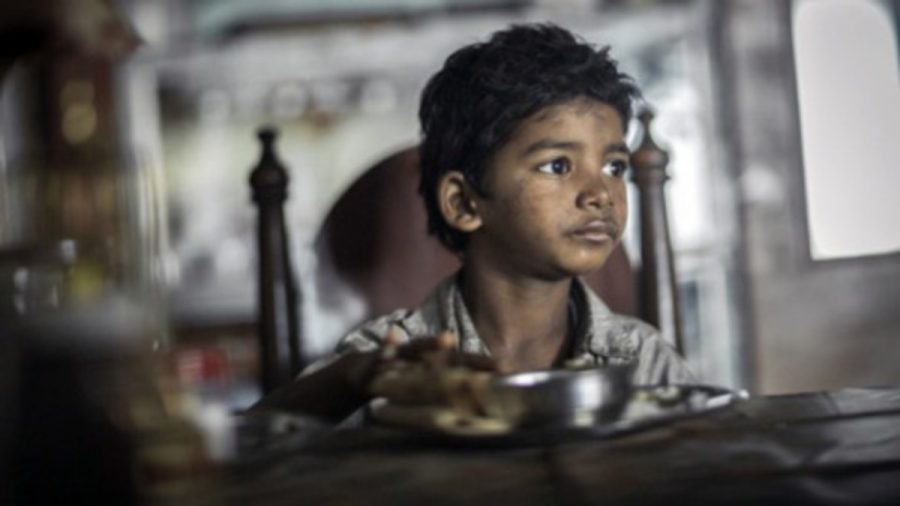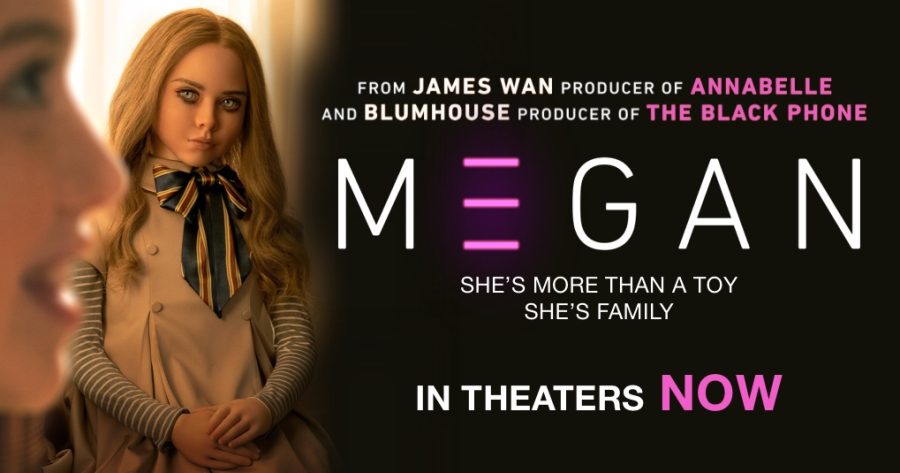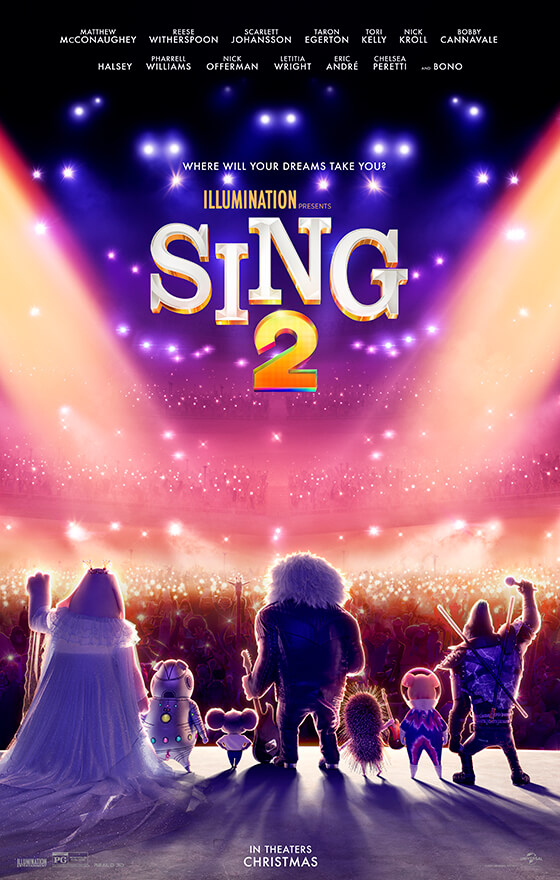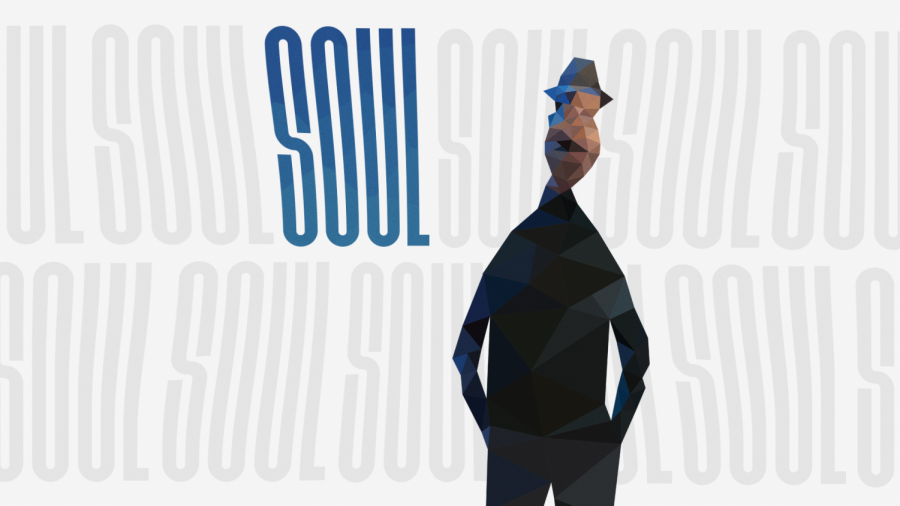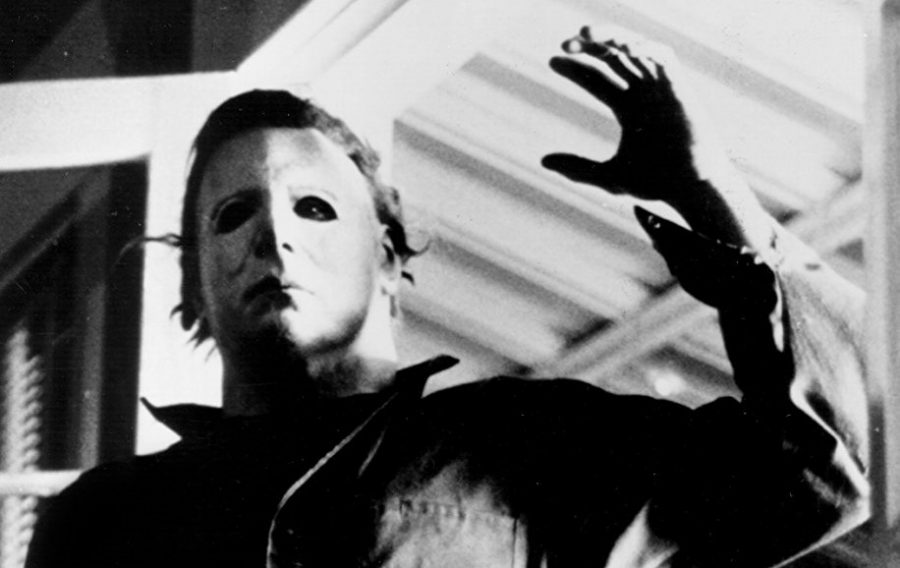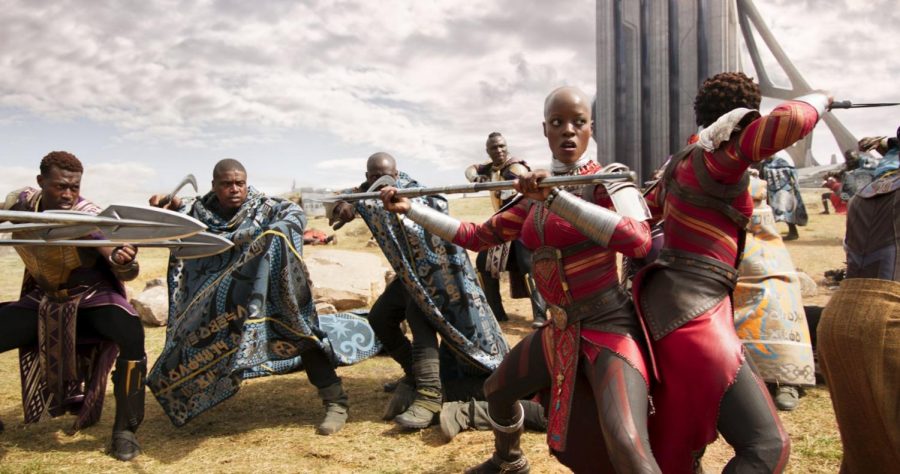Based off a memoir written by Saroo Brierley himself, “Lion” (2016) tells a story about a 5-year-old boy who was born in an Indian town known as Khandwa. While waiting for his older brother’s return from a job, Saroo gets lost by giving into curiosity and falling asleep on a train that travels far from home. He is then forced to live on the streets of Kolkata (formerly Calcutta) alone, and has no way of contacting his family. Searching for places to sleep, people to help him back to his mother, and trying to eat daily, Saroo also faces the harsh reality of adults taking advantage of inferior, lonely children. After being sent into a local orphanage, an Australian family adopts him and raises him in better conditions. The film emphasizes the life of a lost child traveling around foreign cities by himself and the change in living and culture. It follows how he grows up, questioning his unknown roots.
This film leaves a great impact on the audience. It opens a perspective that most people are aware of happening worldwide, but aren’t exactly able to imagine as reality. Building an emotional connection with Saroo and his brother Guddu at a young age, the film sends the audience on twists and turns of anxiety and tears. It shows the audience how different areas around the world are, and how they are unique.
The audience feels the fear and disgust from the people who were trying to take advantage of homeless children, the sympathy for a hungry child trying to get some rest, and the happiness from seeing Saroo basically be saved from a family willing to help. The film is a constant adventure of emotions and awareness.
Being full of beautiful shots from foreign cities, I not only admire the film’s cinematography, but how the feeling of each moment was delivered so well. I stood in awe throughout the entire movie because I was able to see a world and situation I understood, but could have never imagined so clearly. The dialogue is also a great part of the film by allowing the audience to connect so deeply with the characters throughout the film. We witness the bonding with Saroo and his two families-his true parents and his adoptive family-through the words he says when he’s angered, worried, and grateful. Not to mention, the actors did a phenomenal job of displaying emotion through tone and facial expression. The sound quality throughout the film was also incredibly admirable and gave the film a professional and crisp finish, which is noticeable subconsciously.
“Lion” is a movie to remember throughout life and remember to be thankful and grateful. It personally affected me by making me prioritize the lives worldwide over my own. I think more about charity, and I also think more about organizations and programs to help kids worldwide. I became very aware of my surroundings being luxurious in comparison to children in other countries. It’s a film that I think about very often, almost every day. I feel like more people need to see “Lion” and realize how privileged they are, and to complain less about “first world problems” but rather work to give more. It’s a work of art that makes you feel good, cry, and leave the theater a little more aware.























































